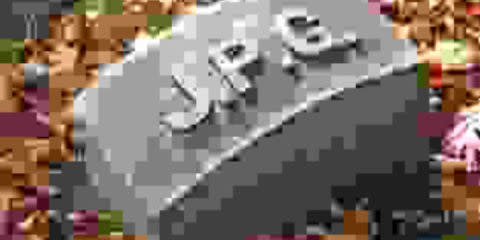The Ancient JPEG Is Getting an Upgrade

First released as a standard in 1992, the JPEG is one of the internet's oldest citizens. Just a year younger than the World Wide Web itself, the JPEG is wildly ubiquitous and paved into the pavement of the information superhighway much like its slightly older sibling, the venerable GIF. Now, nearly 25 years after the JPEG was born, Google's managed to improve it with an open-source encoder that can shrink file sizes by 35 percent. That's good news for all of us.
Guetzli, as Google calls it, is essentially a software machine that can make JPEG images. Using a whole bunch of high-tech mumbo jumbo, this machine is basically able to make JPEG image files that look just as good as older ones, but are smaller thanks to better compression that does not degrade the image quality. It can cram more data into the same JPEG-shaped cyberbox.
This is great because it means the countless JPEG images that cover the web can basically get a third smaller for free, which means websites can load faster even on connections that stay the same. But more importantly, it's an improvement on a standard that is already completely dominant. Everyone already uses JPEGs because they've been around basically as long as the web. They can just be better now.
A total replacement could be even better, but is functionally impossible for a whole host of reasons that are perfectly illustrated by the decades-long and failed saga to replace the GIF. Aging standards like the GIF and JPEG were only able to reach near total ubiquity in large part due to their presence at the very moments the web was born. It's almost impossible to overcome the inertia of the thing that is already there, has been there forever, and still works.
What's more, the web has since evolved into a system of competing privately-owned "platforms," each a corporate fiefdom with its own skin in the game. Google, of course, is one of them, and has put forward its own pet filetypes like WebP. I probably don't need to tell you how well that's fared. There's almost no chance we could ever get a new "JPEG"-the web could never agree.
Of course if any filetype desperately needs this sort of rejuvenation treatment, it is the GIF. While JPEGs are already reasonably small, GIFs are gigantic. Both are squeaky wheels in need of grease, but the GIF's squeaking is deafening. Google has already released other algorithms-Zopfli and Brotli-which help shrink down other aging filetypes, like PNGs and ZIPs. Maybe someday the GIF can get a little love too.
You Might Also Like